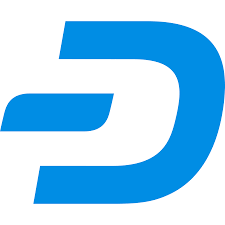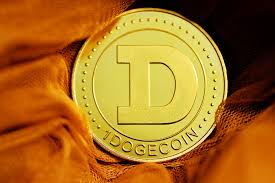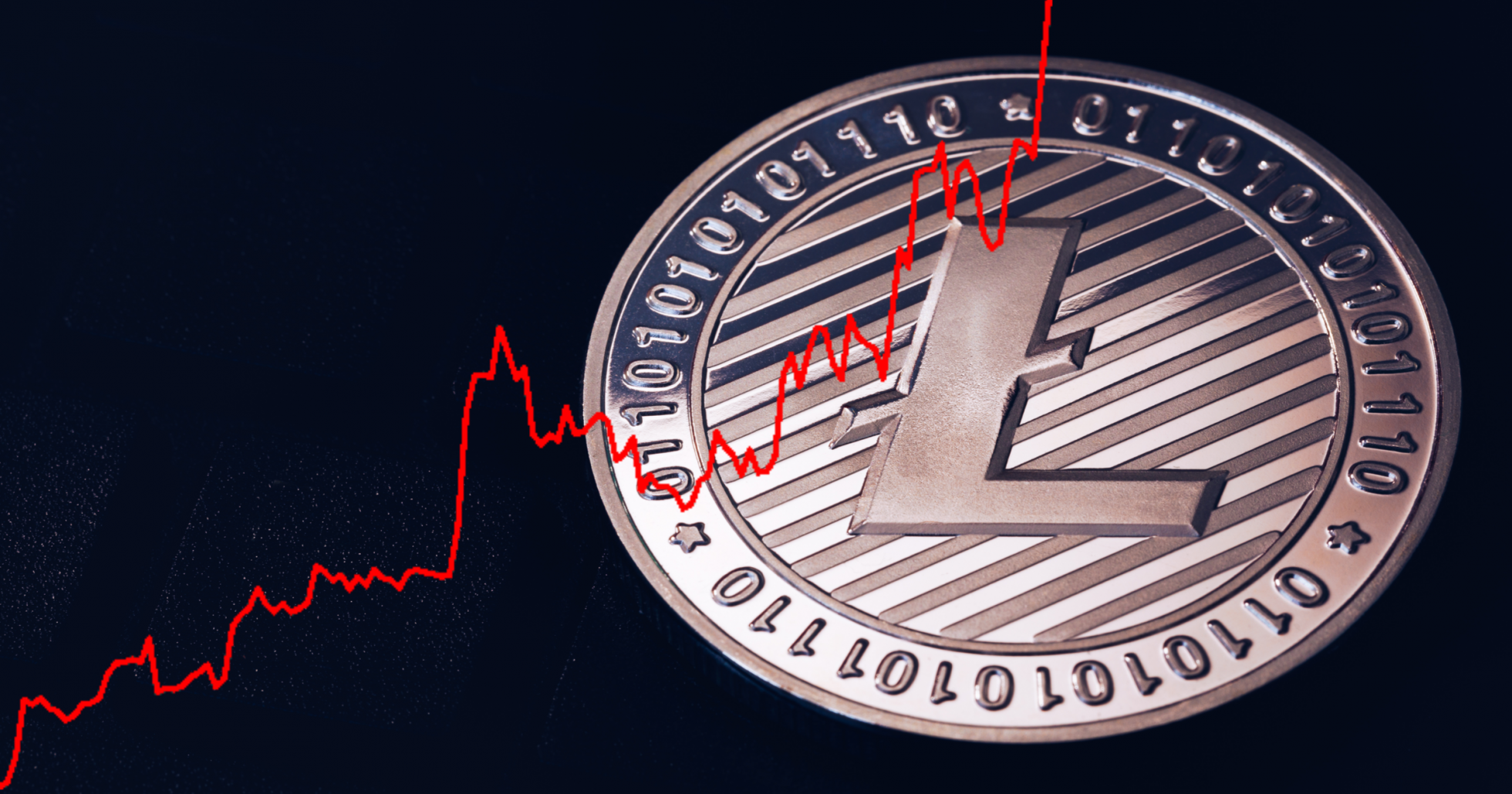Comparing Bitcoin and Verge in the realm of cryptocurrencies brings to light their distinct characteristics and approaches. Bitcoin, created by Satoshi Nakamoto in 2009, stands as the pioneering decentralized cryptocurrency, functioning on a blockchain system to validate transactions within a peer-to-peer network. However, Verge, once known as DogeCoinDark in 2014, changed its name to Verge in 2016. It differentiates itself from Bitcoin by emphasizing privacy and anonymity, striving to become a reliable, untraceable, and fungible digital asset.

Anonymity
The transparency of the blockchain enables tracing even if Bitcoin transactions are recorded on a public ledger without explicit identity. Verge’s emphasis on increasing anonymity is its primary point of differentiation. The aforementioned technologies enable this, hiding users’ names and financial information from prying eyes and attracting those looking for more privacy in online transactions.
Usage
Regarding usage, Bitcoin enjoys broader recognition and acceptance worldwide, attributed to its pioneering status and legitimacy as a payment method in various stores and corporations. Additionally, it has attracted institutional investors seeking a hedge against inflation and economic instability. In contrast, Verge’s popularity, while less widespread than Bitcoin, has grown among users valuing anonymity. Its primary use cases center around discrete transactions for those concerned about financial privacy.
Security
Security-wise, Bitcoin’s extensive network of producers and nodes has proven robust against malicious actions due to its PoW consensus process. Verge enhances security and resists centralized control through its diversified mining methods. However, its smaller network size compared to Bitcoin may render it more susceptible to certain attacks.
Community and development
Bitcoin boasts a massive and highly engaged community of developers, miners, investors, and enthusiasts. Its open-source nature encourages contributions from developers worldwide, continually improving the protocol’s security, scalability, and overall functionality. However, reaching a consensus on potential updates and changes to the Bitcoin network can sometimes be slow and challenging due to its decentralized nature. Verge also maintains an active and passionate community, particularly among privacy advocates. Development efforts are driven by volunteers, and the project relies on community contributions and funding. The community’s emphasis on privacy attracts like-minded individuals who are keen on supporting and promoting Verge’s unique features.
Acceptance
Over the years, Bitcoin has experienced increased acceptance by conventional financial institutions, payment processors, and technological businesses. Some famous firms have begun accepting Bitcoin as a payment mechanism, and financial instruments like Bitcoin futures have developed, reflecting significant institutional interest. Verge’s uptake by mainstream corporations and organizations has been more restricted compared to Bitcoin. However, it has worked with various initiatives and enterprises to promote the integration of Verge as a payment option, notably in the online retail and gaming sectors.
Environmental impact
One criticism often leveled against Bitcoin is its significant energy consumption due to the Proof-of-Work mining process. The vast network of miners competing to solve complex mathematical puzzles demands substantial computational power, leading to concerns about its environmental impact and carbon footprint. Verge has implemented multiple mining algorithms, including some that are considered more energy-efficient than Bitcoin’s Proof-of-Work. However, it is essential to consider that energy consumption can vary depending on the size and activity of the network.
Volatility and market performance
Bitcoin’s price history has been marked by extreme volatility, experiencing both rapid surges and significant corrections. While this volatility has attracted investors seeking high returns, it has also raised concerns about its suitability as a stable medium of exchange. Verge has also experienced significant price fluctuations, typical of most cryptocurrencies. However, its market performance may be subject to higher volatility compared to Bitcoin due to its relatively lower market capitalization and trading volume.
Governmental regulation
Since it is the most well-known cryptocurrency, governments, and financial institutions all across the world routinely analyze its regulatory standards. While some governments have recognized it as a legal mode of investment or payment, others have put limitations or outright bans on its usage. The market dynamics and acceptability of Bitcoin may be influenced by this regulatory environment. Verge may likely invite regulatory attention given its focus on privacy, particularly in countries concerned about suspected illicit activities made simpler by anonymous transactions. For privacy-focused cryptocurrencies, achieving a balance between privacy and legal compliance continues to be tough.
You can also find these articles helpful
Buying Ravencoin – full guide
How does mining Bitcoin work?
Why is Bitcoin’s price still rising?










